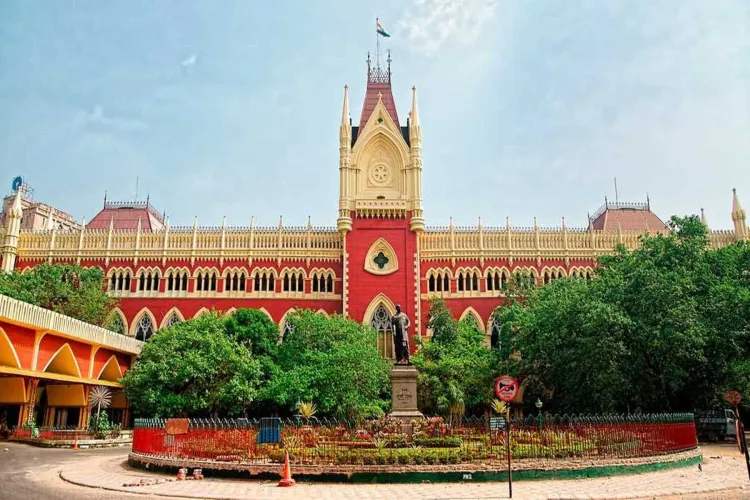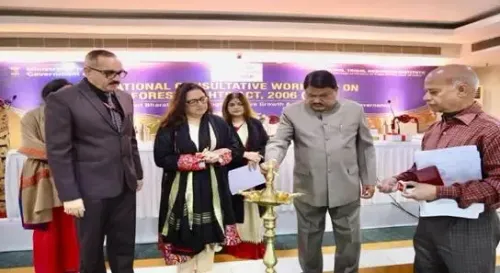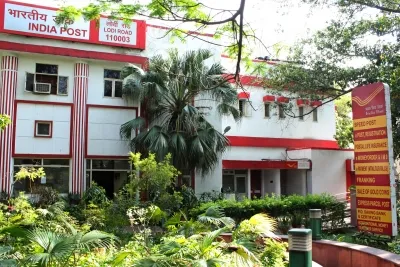Did Inadequate Police Deployment Fuel Murshidabad Violence?

Synopsis
Key Takeaways
- Inadequate police deployment can lead to severe unrest.
- The need for systemic police reforms is evident.
- Victim compensation needs to be assessed for adequacy.
- The involvement of federal agencies like the NIA is crucial for thorough investigations.
- Ongoing judicial oversight is necessary for maintaining order.
Kolkata, May 15 (NationPress) A division bench of the Calcutta High Court remarked on Thursday that the communal unrest resulting from protests against the Waqf (Amendment) Act in Murshidabad district of West Bengal escalated last month, with the situation spiraling completely out of control due to the insufficient presence of police forces at the protest locations in this minority-dominated area.
It is worth noting that the communal disturbances and riot-like conditions in various regions of Murshidabad erupted on April 8, and the subsequent days were marked by vandalism fueled by protests until a special division bench of the Calcutta High Court, led by Justice Soumen Sen, mandated on April 12 the deployment of central armed police forces (CAPF) to manage the situation.
During a recent hearing on Thursday, the division bench pointed out that the lack of adequate police personnel is an issue not only in Murshidabad but across all districts of West Bengal, which poses significant challenges in maintaining order during crisis situations.
The bench also inquired if the state government had compensated the victims of the communal violence in Murshidabad in accordance with legal requirements.
Senior advocate of the Calcutta High Court and Trinamool Congress Lok Sabha member Kalyan Banerjee, representing the state government, contended that the shortage of police personnel is a national concern, not merely a local one.
In response to one of his claims, Justice Sen emphasized that his focus was specifically on the situation in West Bengal.
Addressing Banerjee’s assertion that the state government had provided sufficient compensation to the victims of the violence in Murshidabad, Justice Sen stated that what the government deems as “adequate” may not align with the actual needs of the victims' families.
On Thursday, the division bench directed that the CAPF presence in sensitive areas of Murshidabad must continue until further notice. The next hearing is slated for July 31.
Additionally, the Union Government's counsel informed the division bench that the National Investigation Agency (NIA) is prepared to undertake the investigation into the Murshidabad violence, pending court approval.










